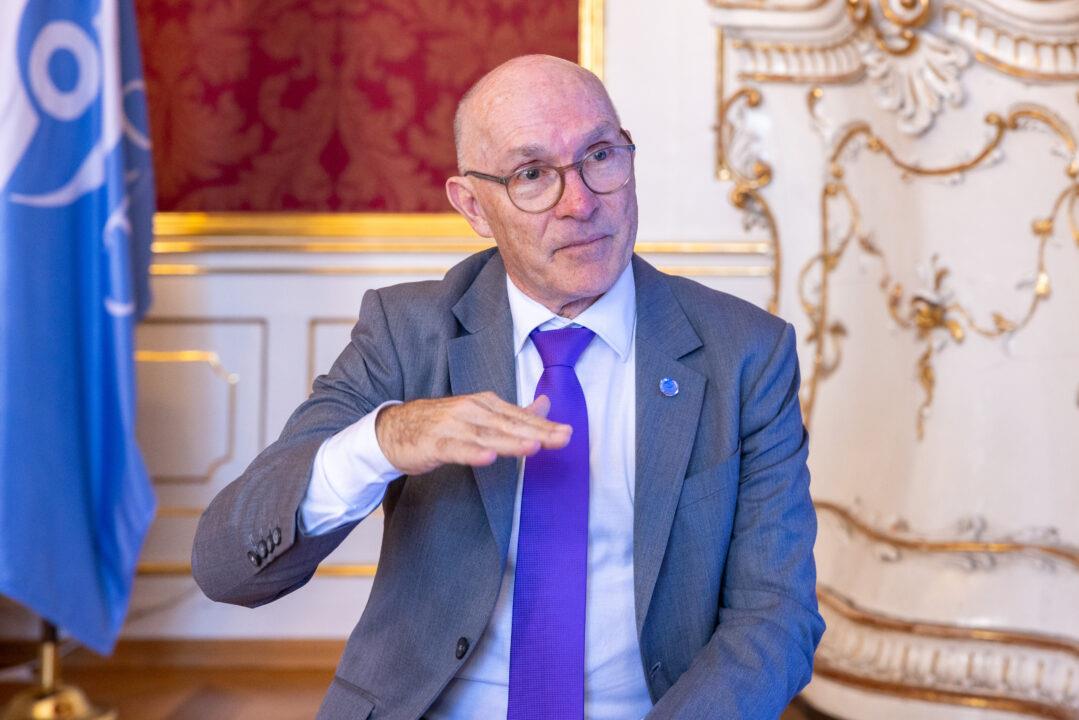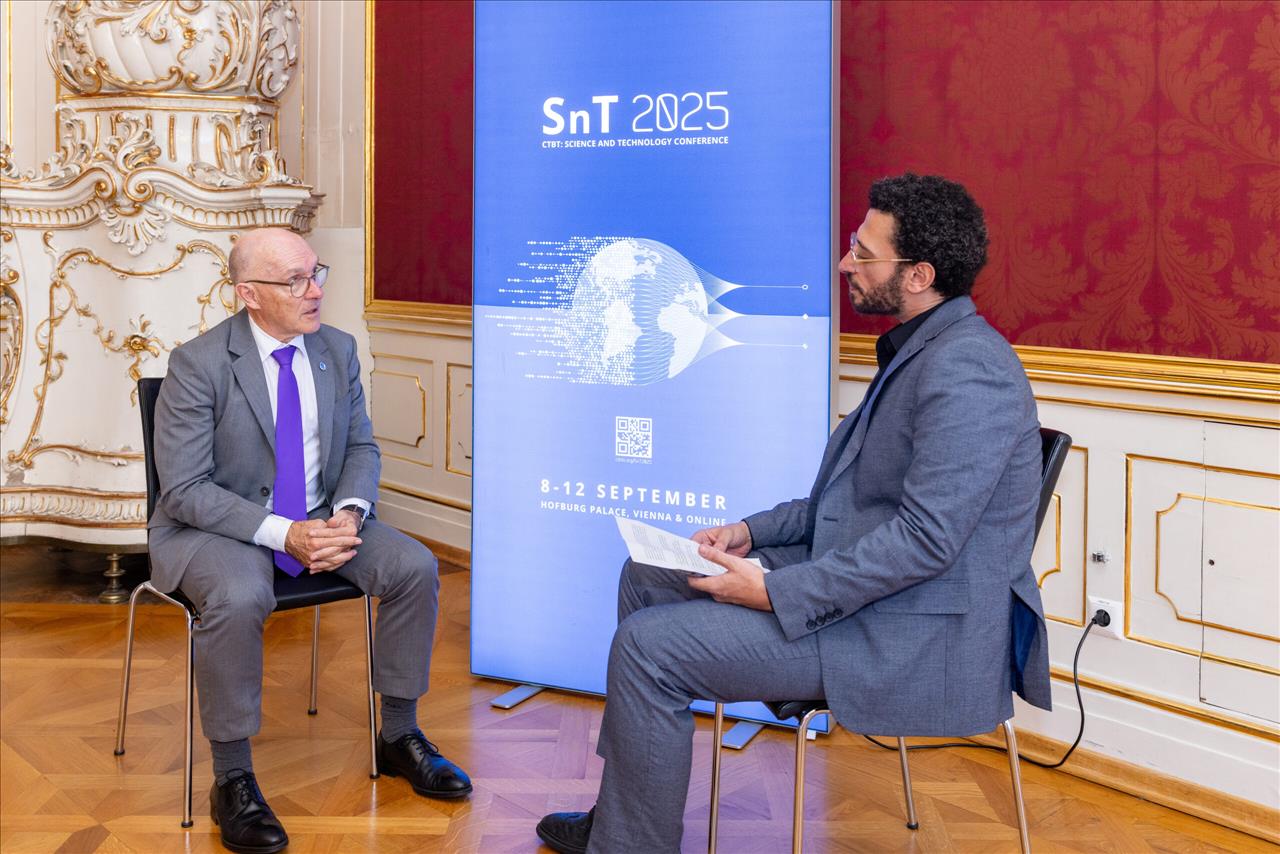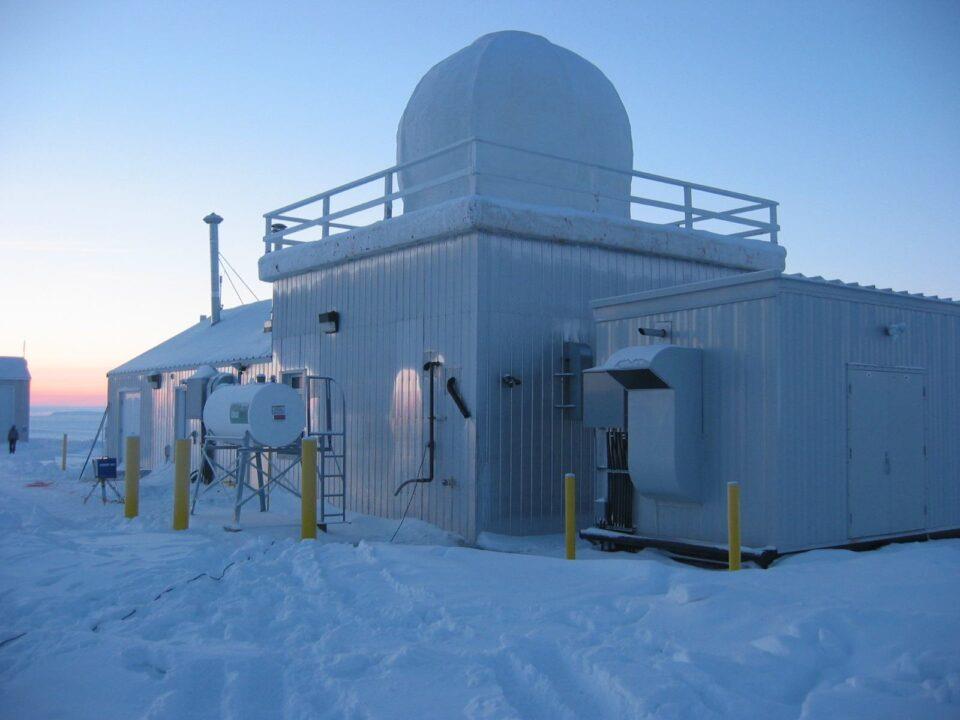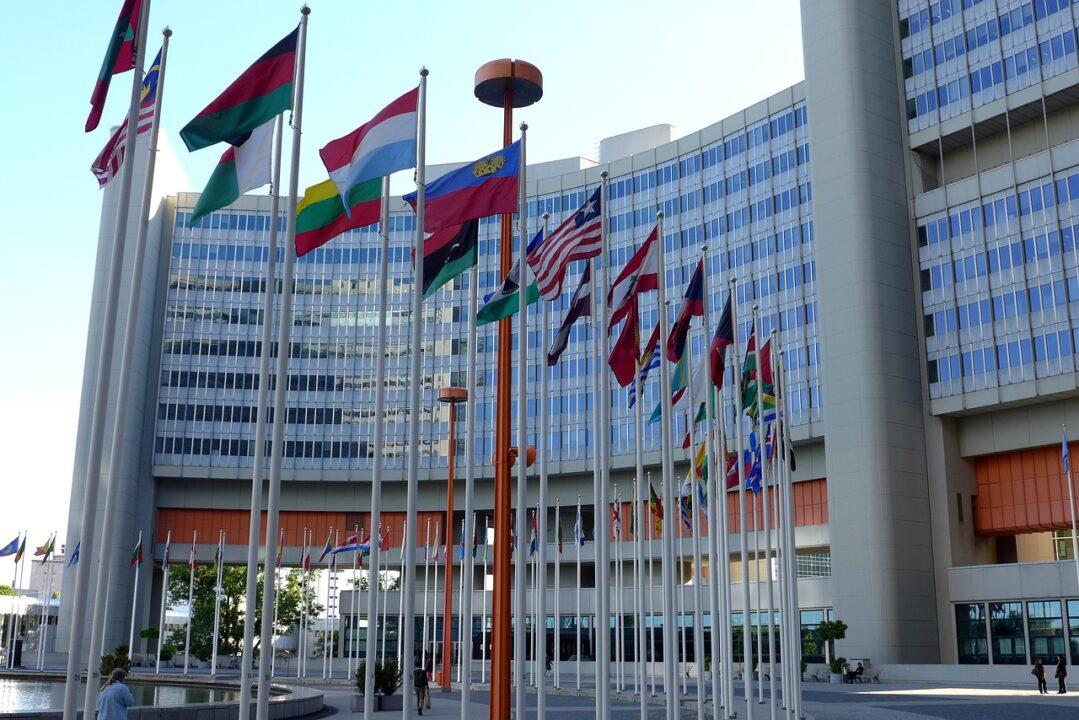
Exclusive Interview: CTBTO Head On Nuclear Test Ban In An“Era Of Anxiety”
We are currently in what some describe as an“era of nuclear anxiety,” with increasing aggression from several nuclear-armed states. Given this context, I'd like to explore the state, future, and relevance of the Comprehensive Nuclear-Test-Ban Treaty (CTBT), especially now when it's needed more than ever. Since you took office, Russia has de-ratified the CTBT. How do you assess the health of the global norm against nuclear testing today?
It's excellent that you ask that question because the strength of support for this treaty has probably never been stronger. Inthe last four years, we've seen nine countries ratify the treaty and one sign, moving closer to ratification. There are now very few countries left that need to sign or ratify. We have 187 out of a possible 196 countries that have signed, committing to a ban on nuclear testing, and 178 have ratified.
The de-ratification by the Russian Federation a couple of years ago was deeply regrettable, that is for sure. However, its impact has primarily been to galvanise the resolve of states to work harder to see this treaty universally supported, to see it remain strong, and to ensure its valuable contribution to peace and security is protected. That has been the outcome.
But let me be clear, the Russian Federation did not“unsign” the treaty, and that is a really important distinction. When it's sometimes stated by people writing about these things that the Russian Federation has withdrawn from the CTBT, that is incorrect. The Russian Federation remains committed to the object and purpose of the treaty because they have signed and remain a signatory. I'm glad that that is the case, though I do think their de-ratification was deeply regrettable.
Did Russia's de-ratification have any practical consequences, such as an interruption of data flow from their monitoring stations to the data centre in Vienna?
Quite the opposite. Throughout the de-ratification process in the Duma, the Russian Federation consistently conveyed to me that they remain committed to the treaty as signatories. They affirmed their commitment to their moratorium on testing, unless the US tests first, and stated they would complete all 32 of their monitoring stations in our International Monitoring System. There was one left to go, and they aimed to have it done before the end of the year, which they did. They also committed to keeping the data flow from all their stations flowing through to Vienna, and they have. So, what they said, they have also done, following that regrettable decision to de-ratify.
You've engaged with the Russian Federation on this matter. Is there any expected progress towards their re-engagement with the treaty?
The Russian Federation made it very clear that they were de-ratifying because they wanted to be on a level playing field with China and the United States of America. They've achieved that, and that is where they stand at this point. We would love to see all three of those countries, all signatories to this treaty, move forward and ratify. Every one of those three – China, the United States, and the Russian Federation – is committed to the object and purpose of the treaty, and our goal is nothing less than their full ratification.

Dr Robert Floyd, Executive Secretary of the Comprehensive Nuclear-Test-Ban Treaty Organisation (CTBTO)
Regarding Iran, there have been recurring reports and speculation about nuclear testing, with one such report already denied by the CTBTO. If a test were conducted, how would the organisation verify it under the current regime?
The International Monitoring System (IMS), when fully implemented, has 337 facilities all around the world. These facilities collect four different types of data to detect nuclear explosions: seismic data for vibrations in the Earth's crust, infrasound data for vibrations in the air, hydroacoustic data in the ocean, and radionuclide data for any radioactive particles or gases in the atmosphere.
When you put all of that data together from this massive network spanning the entire planet, we are absolutely confident that for every square kilometre of land or ocean, a nuclear explosion would be detected by this system. That data is shared with all 187 of our state signatories. They would know; they would see our reporting, and they would conduct their own analysis and reporting. We are very confident that our system works and would pick up any such event.
Closer to the Middle East, historically, the ratification of the treaty has involved regional players like Egypt, Israel and Iran. Is there any ongoing progress in discussions with Cairo, Tehran, or Tel Aviv regarding their ratification in the near future?
We constantly engage with all the Annex II states – that group of 44 specified states that must ratify for the treaty to enter into force – and work with them on their progress towards that end. I am glad that the three states you mentioned – Egypt, Israel, and Iran – are all signatories of this treaty, so they are committed to it, and we appreciate that.
What I do see is a major movement in Africa, of which Egypt is a part. Fifty-four states in Africa, and 52 of those 54 have signed the treaty. I believe there is a pathway forward where the only two remaining might well be doing so sometime soon. But out of the 54, 50 have ratified, and we could soon have a pathway where almost every country in Africa will have ratified this treaty. That is a strong statement from Africa, standing as one for this treaty, something we truly appreciate.
As we approach 2025, with a clearer picture of the current US administration's priorities, what are the realistic prospects for US ratification, based on your discussions?
The US administration is still formulating its position on a whole range of different topics, and so it would be remiss for me to preempt them. We are certainly engaging with the US administration and look forward to further engagement with them and journeying together for a safer and better world. I am not in the business of speculating about any state's policies, but I certainly look forward to engaging constructively with every state.
The international community has closely monitored North Korea's nuclear tests for many years. Should another test be conducted, what would be the immediate technical and political steps taken by the CTBTO, and how quickly could the organisation provide conclusive information?
So far, and I hope this is it, North Korea has tested a nuclear explosive device six times. Every one of those six times, the International Monitoring System and the International Data Centre have detected and characterised those as nuclearexplosions. The data and our reporting have been shared with all of our state signatories, and they have been able to look at the data and verify for themselves that these were nuclear explosions.
I trust that the commitment Kim Jong-un made in 2018 to pause on testing will continue. That's what I would love to see. And I would really love to engage with North Korea to talk to them about the value of this treaty and the value they toocould gain from it if they were to subscribe to it. That's what I would like to see.
What is your message to policymakers in all Annex II countries that have not yet ratified or signed the treaty?
Our approach is to deal with all nine states that are yet to ratify. As I said, most of them have actually signed the treaty, and we want to work respectfully with each of them to see them on a journey from where they are now to, in most cases, where they would really want to be. And that is to see circumstances where this treaty could enter into force, which would be better for all of humanity. We will keep working with each state and with their individual circumstances in that regard.
When the CTBT was created, technologies were vastly different. How does the CTBTO plan to integrate next-generation technologies like AI, satellite imagery, and robotics into its verification system?
The Comprehensive Nuclear-Test-Ban Treaty describes four different datasets that make up our verification system. The technology used for sensing those different data types has evolved dramatically over the last nearly 30 years, that is for sure. And it will continue to evolve, and we look forward to staying abreast of that. This week's Science and Technology Conference 2025 has brought together scientists and technologists from around the world, some of whom are working on technologies that would further improve our existing sensing technology.
The other aspect you referred to is the use of artificial intelligence, or more specifically, machine learning, for the analysis of the data – for looking for evidence of a nuclear explosion in masses of data. I believe there are prospects for a huge amount of improvement in our analytical capability as artificial intelligence is increasingly used. But let me be clear, it will be human analysts that will be making any final judgment on what is seen in the data. So, it continues to be a time where improvement happens; this is not just a recent phenomenon, it's been that way for 30 years, and I'm sure it will continue that way into the future.
Dr Floyd, having dedicated your career to science and diplomacy, what gives you cause for optimism today, and what is the single most important message you want to deliver, not just to policymakers and leaders, but to youth and young people in Cairo, Nairobi, Seoul, and elsewhere?
Recently, I was in Japan for the 80th anniversary commemoration of the atomic bombing of Hiroshima and Nagasaki. It was truly quite confronting to be there and to consider what happened 80 years ago. It was a great honour that the government of Japan invited me to participate in those ceremonies. I heard this statement being made in Japan, and I think it's an important statement:“Hiroshima was the first location to be bombed in a context of war, and may Nagasaki always be the last.”
When I think about that, what gives me hope? That was 80 years ago, and Nagasaki is still the last. I think back 80 years ago, diplomats, scientists, and world leaders would have thought this is improbable: that the world would go 80 years and nobody would ever use a nuclear weapon in warfare. We've done it. I think we can do another 80 years. That gives me hope.

Legal Disclaimer:
MENAFN provides the
information “as is” without warranty of any kind. We do not accept
any responsibility or liability for the accuracy, content, images,
videos, licenses, completeness, legality, or reliability of the information
contained in this article. If you have any complaints or copyright
issues related to this article, kindly contact the provider above.




















Comments
No comment